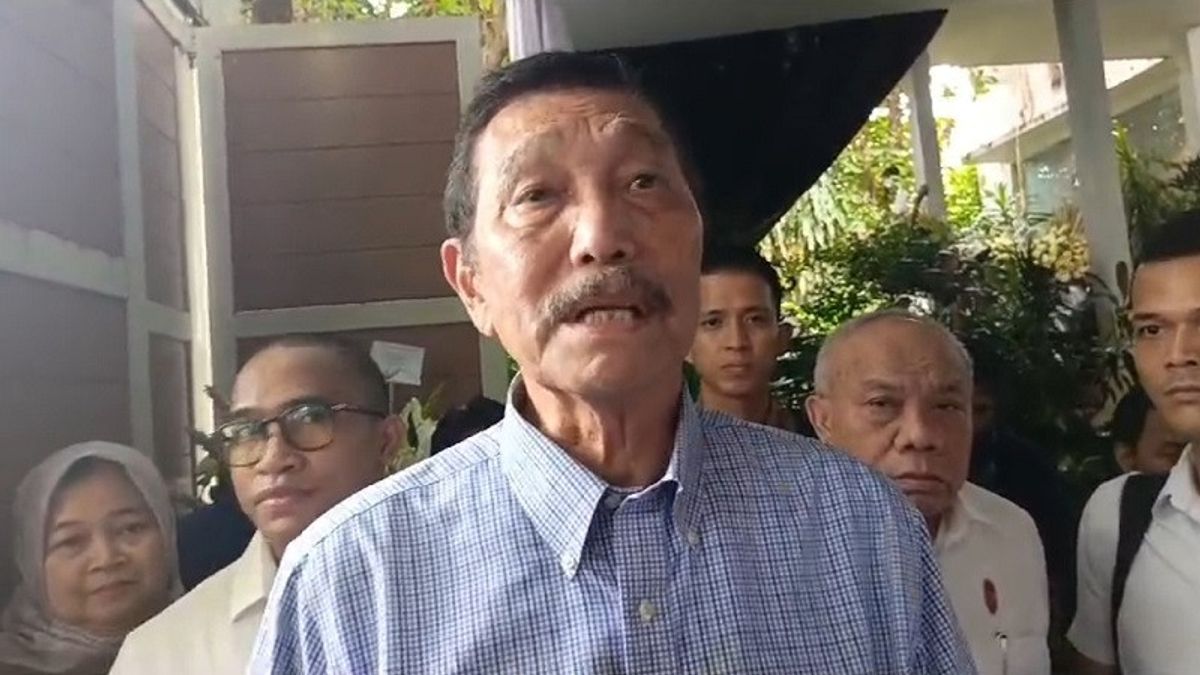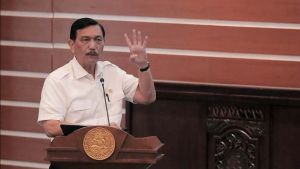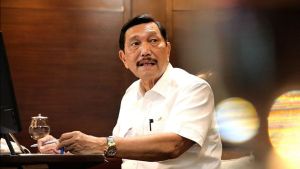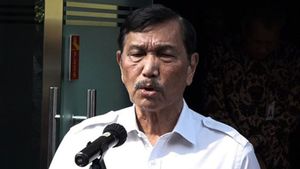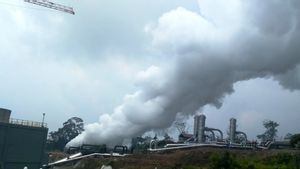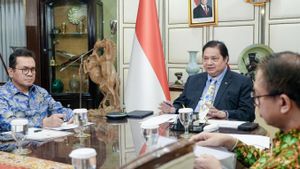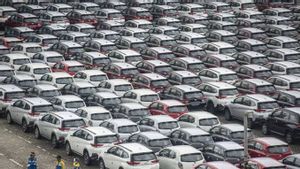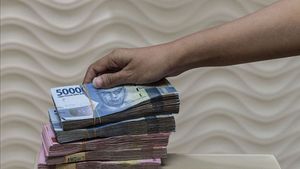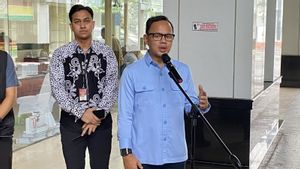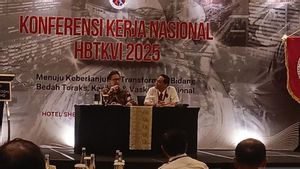Coordinating Minister for Maritime Affairs and Investment Luhut B. Pandjaitan emphasized the crucial moments in Indonesia's collective journey towards a more sustainable and energy-efficient future.
According to him, batteries are at the core of the green revolution, serving as an important component to power everything from cell phones and electric vehicles to renewable energy systems.
"The innovations that we are exploring and collaborating on, which we will build here later, are expected to determine the energy future for future generations," he said in Jakarta, Monday, July 29.
Until now, he said, the implementation of downstream policies has made a significant contribution to the Indonesian economy by increasing export value, contributing to GDP, increasing trade balance, developing new growth centers outside Java for equitable development, and much more.
Indonesia, he said, is trying to transform into a major global economic force, driven by large domestic markets and rich natural resources that are important for energy transition.
SEE ALSO:
The government focuses on economic transformation through green industrialization by downstreaming natural resources and producing green products. With a dominant market share in nickel production and other significant mineral resources, it is very important for Indonesia to build a strong presence in the battery industry.
"This will strengthen our main initiative in downstream nickel, investment in solar PV manufacturing, and EV manufacturing through our EV investment program," said Luhut.
Luhut reminded that downstreaming is an important tool to achieve sustainable development goals and overcome climate change.
The English, Chinese, Japanese, Arabic, and French versions are automatically generated by the AI. So there may still be inaccuracies in translating, please always see Indonesian as our main language. (system supported by DigitalSiber.id)
